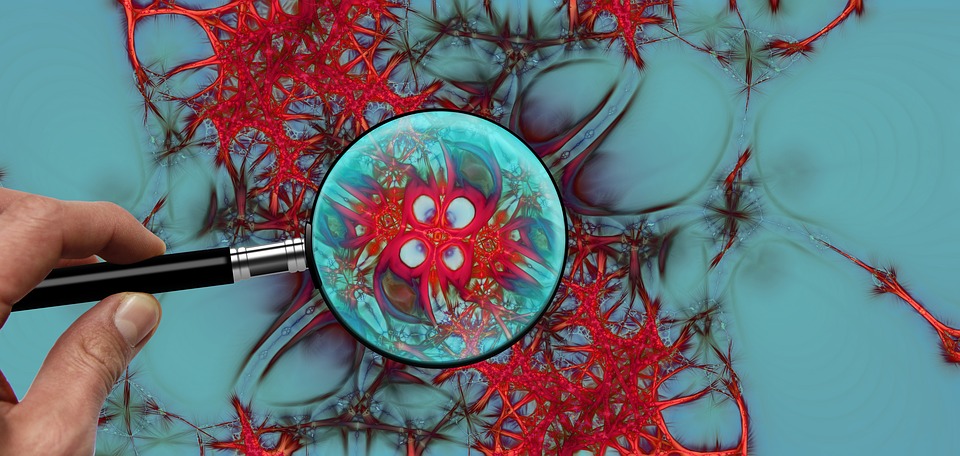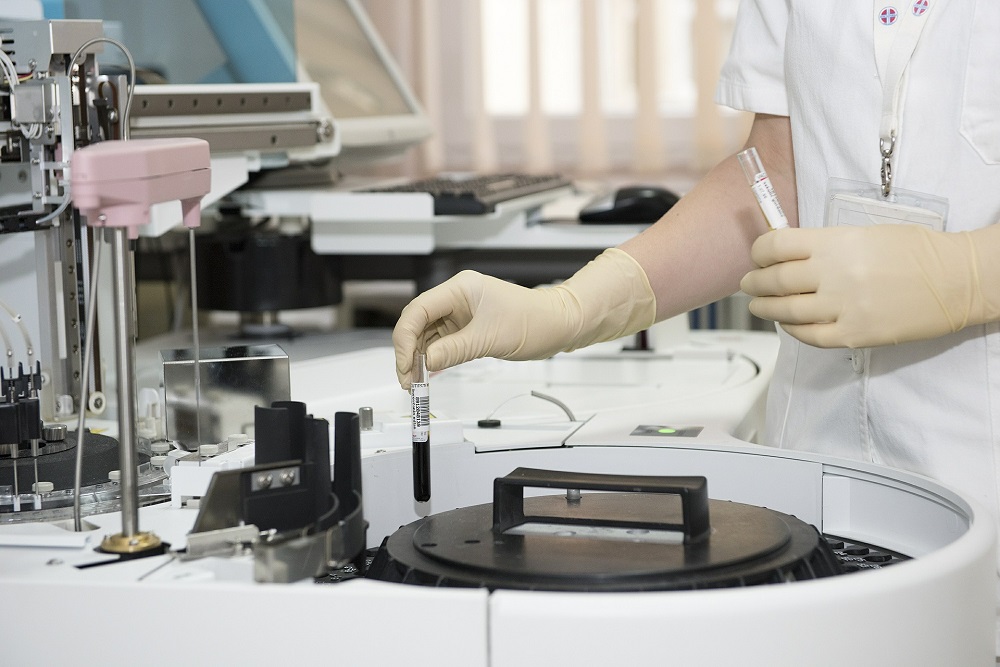Dr. Erhan Genc, a section member of Biopsychology, asserts magnetic resonance (MR) is instrumental in showing the link between overall awareness and brain characteristics, specifically, the distinctive characteristics of a brain of a smart person.
The more intelligent a person, the fewer connections there are between the neurons in his cerebral cortex. This is the result of a study conducted by neuroscientists working with Dr. Erhan Genç and Christoph Fraenz at Ruhr-Universität Bochum; the study was performed using a specific neuroimaging technique that provides insights into the wiring of the brain on a microstructural level.
A type of magnetic resonance imaging known as diffusion tensor imaging was utilized by the scientists in investigating the brains of three hundred and twenty-four (324) adults.
This approach is pivotal in making the reconstruction of nerve fibers paths likely. As a result, considerable insights pertaining to the brain’s structural system characteristics can be gained.
Magnetic resonance is helpful in brain imaging
Magnetic resonance (MR) is instrumental in revealing some hidden traits in people. For instance, neuroscientists have illustrated the way magnetic resonance imaging depicts the way individuals possessing outstanding over-all knowledge have methodically wired brains.
Using mathematical algorithms, they allocated every participant’s brain a personal value that was reflective of his/her operational fiber network’s efficiency.
Moreover, a general knowledge examination referred to as the Bochum Knowledge Test was carried out by all participants. Dr. Rudiger Hossiep is accredited for having crafted this assessment.
This test was made up of at least three hundred (300) queries from distinctive familiarity fields such as chemistry and art among others. Dr. Genc took a leading role in this team as they scrutinized if structural networking competence is correlated with the quantity of the over-all knowledge store.
The findings obtained illustrated that people having an extremely efficient fiber network possess significant general knowledge compared with those having a lesser amount of effectual structural networking.
Magnetic resonance shows the brain’s information linkage
Genc asserted that every knowledge unit is spread in all brain parts as information pieces. This is depicted by magnetic resonance. As a result, the brain’s efficient networking is fundamental so that information found in distinctive parts can be assembled easily. Moreover, this structure comes in handy ineffective knowledge recalls.
For instance, for one to answer the query about the constants found in Einstein’s reality theory, he/she ought to link the constant meaning with relativity knowledge.
The assumption made is that a brain proficient networking triggers enhanced comprehension of material pieces. As a result, considerable outcomes are witnessed in the overall familiarity examination.
Moreover, personalized learning is necessitated as it expands an individual’s knowledge base.
Rewiring the brain
As viewed from neuroscience, a child’s brain development and psychological development processes depend on instruction and learning.
Magnetic resonance imaging could confirm that brain development and psychological development involves “continuous interactions between a child and the external environment. more accurately, a hierarchy of environments, extending from the level of the individual body cells to the most obvious boundary of the skin.”
The addition of new synapses operates throughout the entire human life span and is especially important in later life. This process is not only sensitive to experience but actually driven by experiences. Synapse addition probably lies at the base of some, or even most, forms of memory.
Knowing how an efficient brain works could help in mapping educative goals. Brain rewiring should involve actual engagement by the whole educational community,







